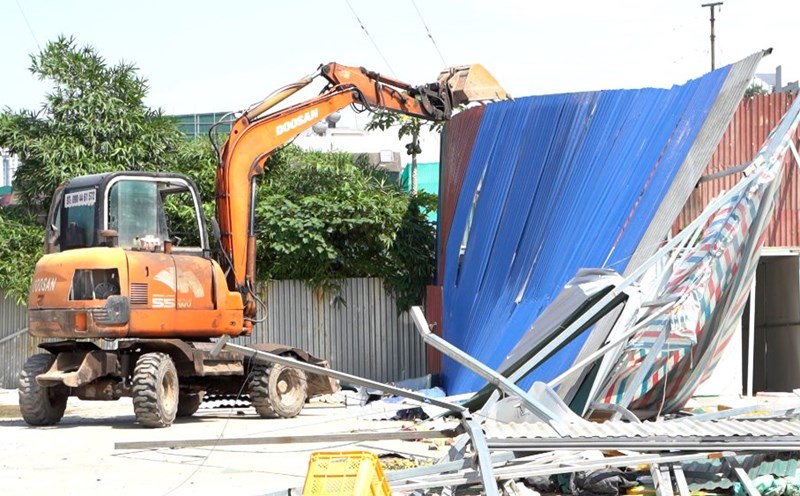CNN reported that Shanghai-based Shimao Group failed to pay interest and principal for the $1 billion bond due on June 3. According to the group's records at Hong Kong Stock Exchange, the bond does not have a grace period for principal repayment.
This is the first time Shimao Group has failed to repay USD bonds after months of increased financial stress.
China's real estate sector has been sinking from one crisis to another since 2020, when Beijing began tightening loans from real estate developers to try to curb their high debt and curb real estate prices.
The situation got worse last fall when Evergrande - China's second largest real estate group - faced bankruptcy. Evergrande is China's most debt-ridden real estate developer with a debt of about $300 billion. Evergrande was classified as bankrupt by Fitch Ratings in December 2021.
According to Moody's estimates earlier this year, Shimao Group has a large amount of bonds maturing in 2022, including $1.7 billion in bonds held by international investors; 8.9 billion yuan ($1.4 billion) held by Chinese investors, and other large loans from foreign banks.
Founded by businessman Hui Wing Mau in 2001, Shimao develops large-scale residential and hotel projects across the country. The group owns Shanghai Shimao International Plaza, one of the tallest skyscrapers in central Shanghai.
In March, the group estimated that net profit in 2021 decreased by about 62% compared to a year before, mainly due to the " harsh" environment that the real estate sector faces. Shimao later delayed the announcement of the 2021 results, citing COVID-19 blockades in Shanghai.
Since Evergrande went bankrupt, a series of famous Chinese real estate groups have also followed, including Fantasia and Kaisa.
Beijing-based Sunc China Group - one of the largest real estate developers in China - blamed the COVID-19 outbreak for "significant damage" to its sales in March and April last month, aggravating the liquidity recession. Sunc China also admitted to having failed USD bonds.
On July 1, a survey by real estate research firm China Index Academy showed that new house prices in 100 cities have decreased by more than 40% in the first half of this year, compared to the same period last year.
Authorities are trying to revive the market by cutting mortgage rates and loosening regulations on home purchases. Some corporations even accept payments in grains, garlic and pork to boost sales.
Despite signs of a significant decline in sales in June compared to previous months, the path to recovery in the real estate sector may be quite bumpy, as China remains committed to a zero-COVID policy, according to Nomura analysts.
Meanwhile, Evergrande is preparing a huge government-led debt restructuring plan.







